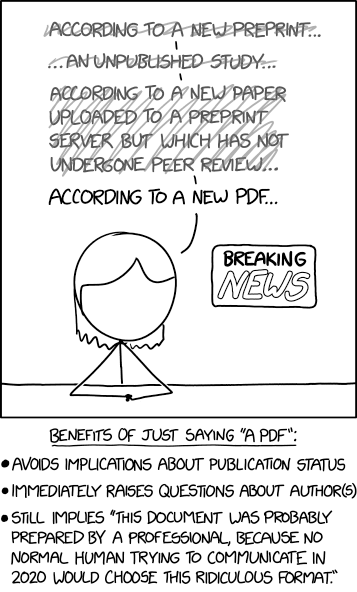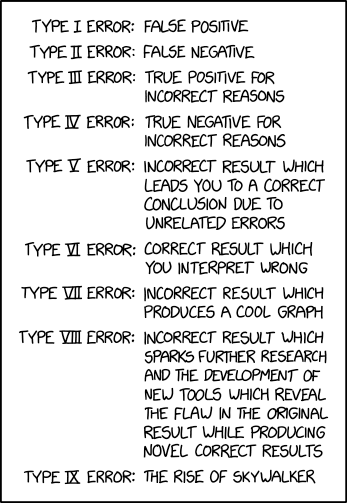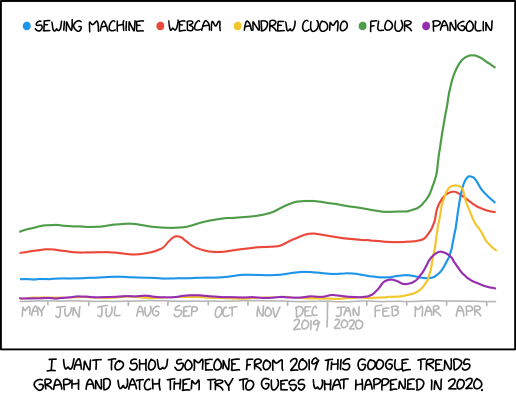Translating "phenotypically diverse"
Michael Marshall, "The hidden links between mental disorders", Nature 5/5/2020:
Perhaps there are several dimensions of mental illness — so, depending on how a person scores on each dimension, they might be more prone to some disorders than to others. An alternative, more radical idea is that there is a single factor that makes people prone to mental illness in general: which disorder they develop is then determined by other factors. Both ideas are being taken seriously, although the concept of multiple dimensions is more widely accepted by researchers.
The details are still fuzzy, but most psychiatrists agree that one thing is clear: the old system of categorizing mental disorders into neat boxes does not work.
Read the rest of this entry »



